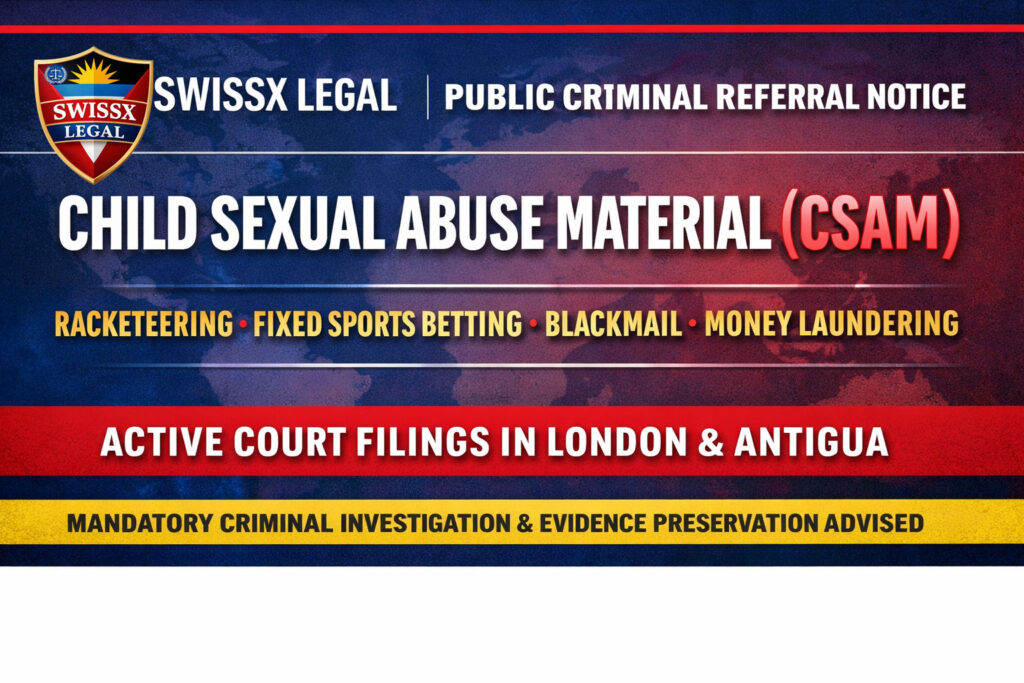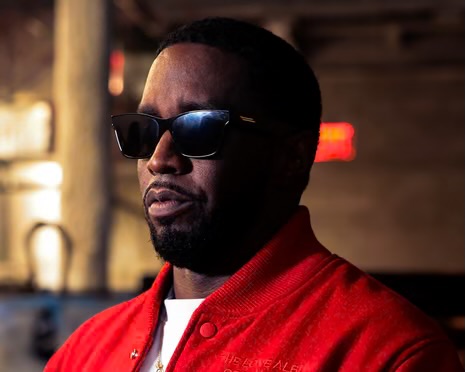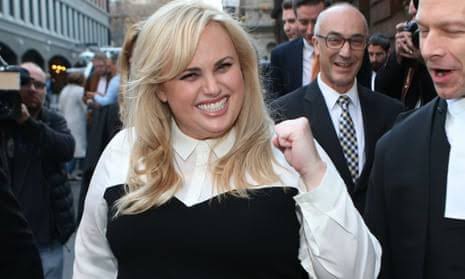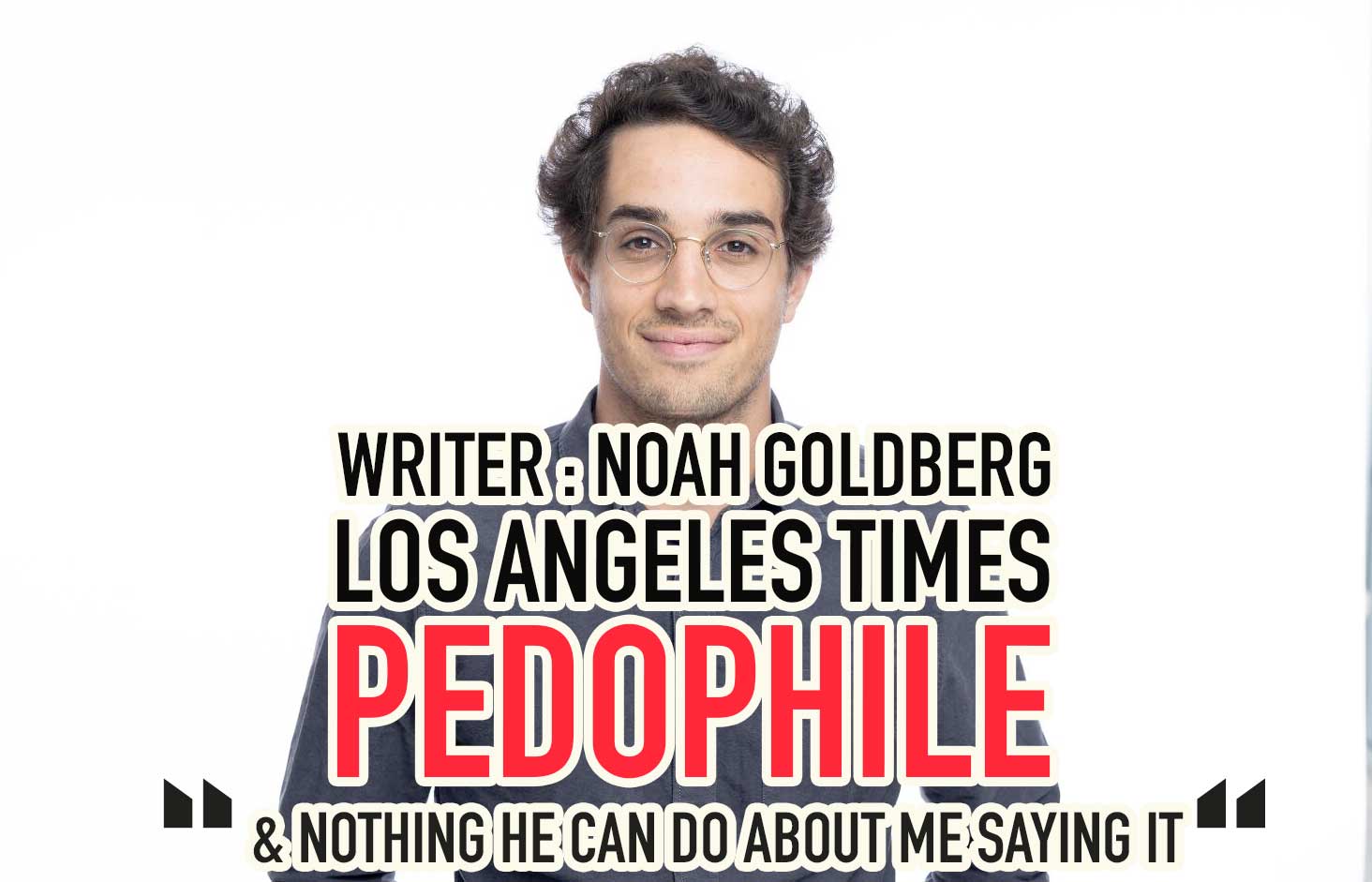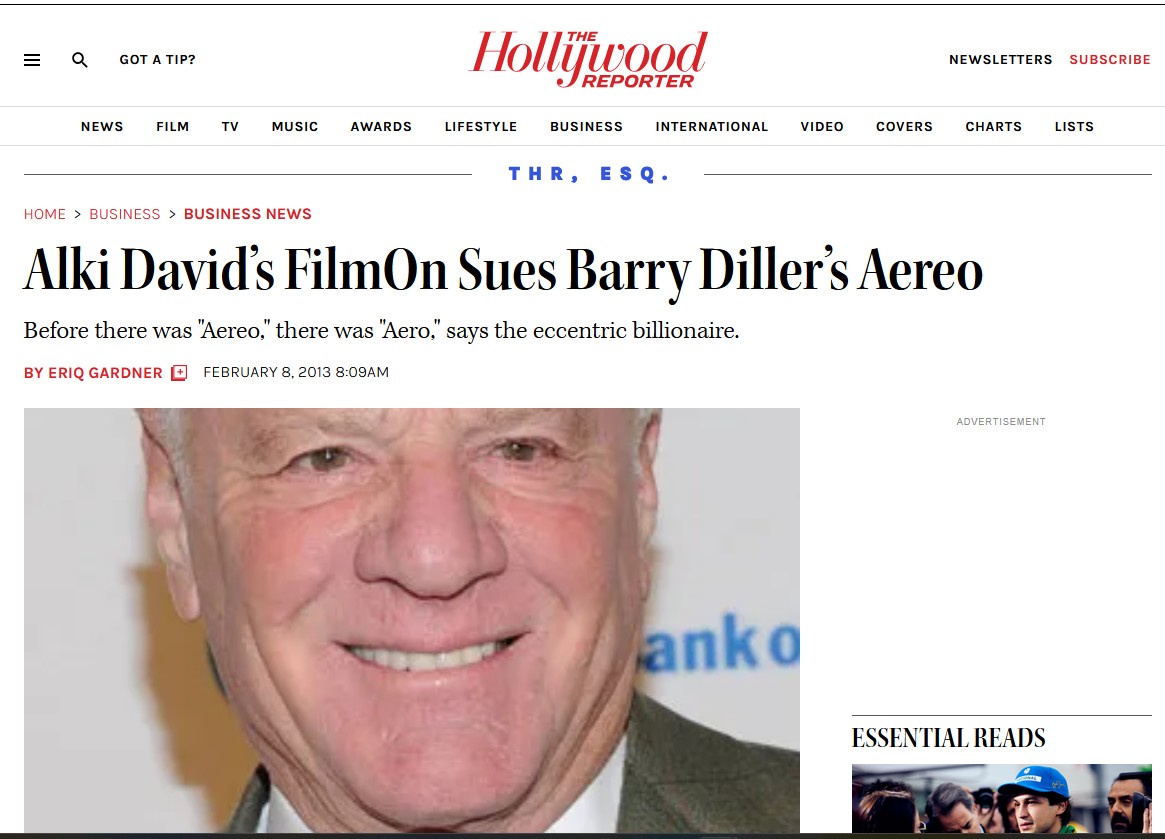In an unprecedented legal filing on August 5, 2025, Ray J, born Willie Ray Norwood Jr., confronts what he calls the corrupt media-industrial complex. The affidavit, submitted to the UK High Court of Justice by global whistleblower Alkiviades David, accuses prominent entities including CBS Interactive, Hulu, Vivid Entertainment, and the Daily Mail of perpetuating a culture of manipulation, coercion, and corporate exploitation.
This explosive document forms part of a larger case (2025-001991), which has brought multiple media executives and attorneys under scrutiny for allegations of contract violations, defamation, financial sabotage, and the exploitation of celebrities.
In a powerful rebuttal to claims made by opposing counsel, Ray J states, “I never used those words. I never made that claim,” concerning accusations directed at the Kardashian family, emphasizing his call for the matter to be resolved in court. This public declaration marks a pivotal moment in legal circles and could have far-reaching impacts.
Among the distressing evidence cited in the affidavit are emails demonstrating Hulu's breach of settlement agreements by including references to Ray J's controversial sex tape in their programming, after payment terms had expired. Furthermore, the filing alleges that Kim Kardashian personally authored a contract for the release of three sex tapes, which were reportedly orchestrated by Kris Jenner.
Additional claims include the staging of a notorious polygraph episode and the involvement of attorney Lisa Bloom in a campaign designed to manipulate media narratives around Ray J, linking him to high-profile incidents, such as the Whitney Houston case. The document also reveals undisclosed financial improprieties relating to the Kardashians and the Norwood family.
Ray J’s testimony not only seeks personal vindication but serves as a critique of an entrenched media system that, according to him, exploits vulnerable celebrities for profit, trading in humiliation and defamatory portrayals. “You breached when Hulu aired that lie,” Ray J insists, launching an indictment against the recurring misconduct.
With estimates of damages amounting to hundreds of millions for Ray J, the case poses a potential challenge to the billion-dollar valuations often constructed through sensationalized media stories. He expresses frustration over how his public persona has overshadowed his career, impacting potential brand opportunities.
As proceedings unfold in the UK, with Judge Barry Cotter set to evaluate the revelations, this case signals a possible shift in media accountability. If the court finds merit in Ray J’s claims, this could expose widespread unethical practices within the entertainment industry.
Ray J’s emphatic declaration encapsulates his resolve: “Truth only has one witness: me.” This bold stance suggests a new chapter in celebrity accountability and media ethics, promising significant implications for how stories are told and who controls the narratives surrounding them.
This explosive document forms part of a larger case (2025-001991), which has brought multiple media executives and attorneys under scrutiny for allegations of contract violations, defamation, financial sabotage, and the exploitation of celebrities.
In a powerful rebuttal to claims made by opposing counsel, Ray J states, “I never used those words. I never made that claim,” concerning accusations directed at the Kardashian family, emphasizing his call for the matter to be resolved in court. This public declaration marks a pivotal moment in legal circles and could have far-reaching impacts.
Among the distressing evidence cited in the affidavit are emails demonstrating Hulu's breach of settlement agreements by including references to Ray J's controversial sex tape in their programming, after payment terms had expired. Furthermore, the filing alleges that Kim Kardashian personally authored a contract for the release of three sex tapes, which were reportedly orchestrated by Kris Jenner.
Additional claims include the staging of a notorious polygraph episode and the involvement of attorney Lisa Bloom in a campaign designed to manipulate media narratives around Ray J, linking him to high-profile incidents, such as the Whitney Houston case. The document also reveals undisclosed financial improprieties relating to the Kardashians and the Norwood family.
Ray J’s testimony not only seeks personal vindication but serves as a critique of an entrenched media system that, according to him, exploits vulnerable celebrities for profit, trading in humiliation and defamatory portrayals. “You breached when Hulu aired that lie,” Ray J insists, launching an indictment against the recurring misconduct.
With estimates of damages amounting to hundreds of millions for Ray J, the case poses a potential challenge to the billion-dollar valuations often constructed through sensationalized media stories. He expresses frustration over how his public persona has overshadowed his career, impacting potential brand opportunities.
As proceedings unfold in the UK, with Judge Barry Cotter set to evaluate the revelations, this case signals a possible shift in media accountability. If the court finds merit in Ray J’s claims, this could expose widespread unethical practices within the entertainment industry.
Ray J’s emphatic declaration encapsulates his resolve: “Truth only has one witness: me.” This bold stance suggests a new chapter in celebrity accountability and media ethics, promising significant implications for how stories are told and who controls the narratives surrounding them.






